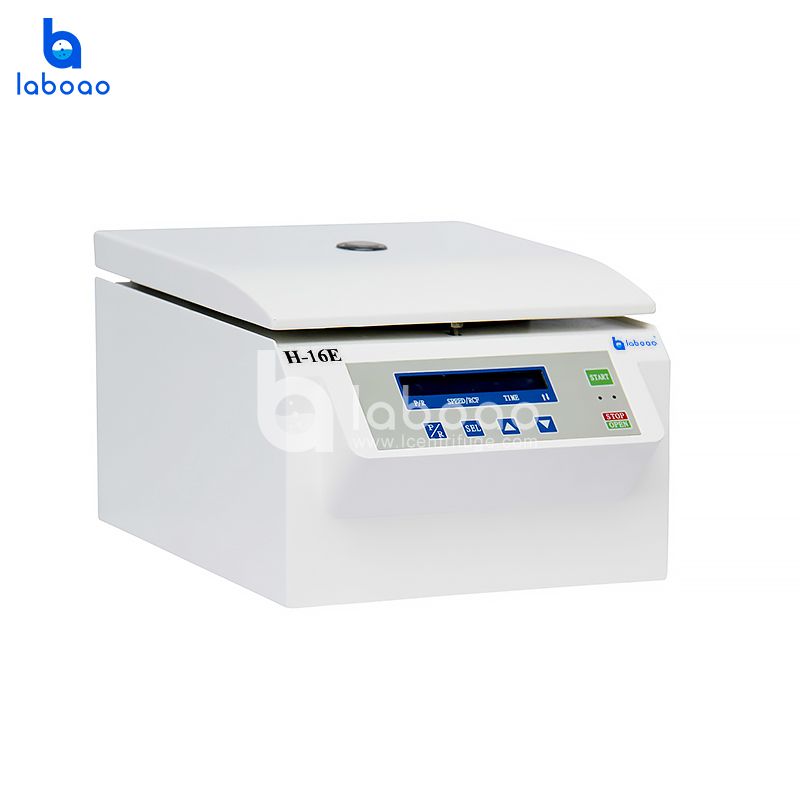
1. Application of centrifuges in medicine and life sciences
Laboratory centrifuges play a key role in medicine and life sciences. First, it is widely used in blood separation and clinical diagnosis. By placing blood samples in centrifuge tubes and rotating them, centrifuges can separate blood into different components, such as plasma and cells. This is essential for disease diagnosis and blood disease research. Secondly, centrifuges are also indispensable tools for DNA/RNA extraction and gene research. The high-speed rotation of the centrifuge can precipitate DNA/RNA, making it easier to extract and study. In addition, centrifuges can also be used for cell culture and cell separation, providing basic experimental conditions for biological research.
2. Application of centrifuges in chemistry and materials science
Centrifuges also play an important role in chemistry and materials science. First, it is widely used in solution separation and precipitation. Through the rotation of the centrifuge, solid particles in the solution can be precipitated to the bottom of the tube, allowing the solution to be separated from it. This helps to separate the target substance and purify the solution. In addition, centrifuges can also be used for dehydration and concentration technology. The water molecules in the solution are moved closer to the tube wall by the rotation of the centrifuge, thereby achieving dehydration and concentration. This is of great significance in chemical reactions and material preparation processes.
3. Application of centrifuges in the food and beverage industry
Centrifuges also have many applications in the food and beverage industry. First, centrifuges are widely used in milk separation and degreasing. By rotating the centrifuge, the fat in the milk can be separated from the whey to achieve the degreasing process. In addition, centrifuges also play an important role in juice preparation and concentration. The solid components in the juice, such as pulp and pomace, are separated by centrifuge rotation to obtain concentrated juice.
4. Application of centrifuges in environmental science and energy
Centrifuges are also widely used in environmental science and energy. First, in sewage treatment and pollutant detection, centrifuges are used to separate and concentrate harmful substances in sewage, thereby reducing environmental pollution. Secondly, centrifuges also play a key role in biomass conversion and biofuel preparation. By separating biomass from solvents through centrifuges, valuable components in biomass can be effectively extracted for biofuel production and other energy utilization.
5. Summary and Future Outlook
As a powerful experimental equipment, centrifuges are widely used in many fields such as medicine, life sciences, chemistry, materials science, food and beverages, environmental science, and energy. With the advancement of science and technology, the technology of centrifuges is also constantly evolving and improving. In the future, we can expect the application areas of centrifuges to be further expanded and bring more convenience and innovation to various industries.



